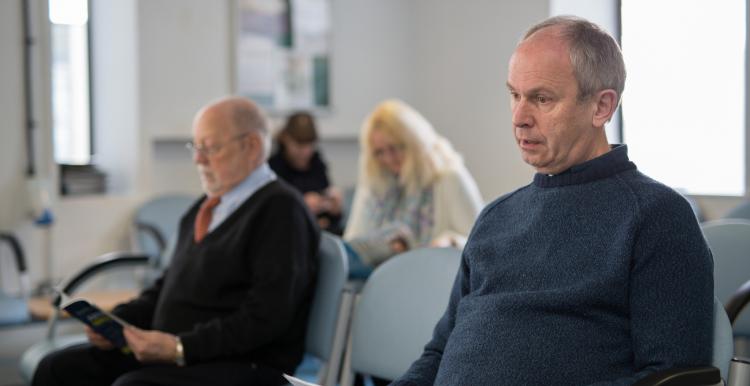Registering with your GP

An average patient will see a GP around seven times a year, according to the Royal College of GPs. Yet accessing a GP continues to be a common issue that people talk to their local Healthwatch about.
Using NHS guidelines, we have pulled together some answers to help you understand your rights when registering with your GP.
Do I need a proof of address to register with my GP?
Having proof of where you live helps but, NHS guidelines make clear that it is not necessary for you to have a proof of address when registering with a GP. This also applies if you are an asylum seeker, refugee, a homeless patient or an overseas visitor, whether lawfully in the UK or not.
Do I need ID to register with my GP?
You do not have to provide ID when registering with a GP, but it is helpful to do so. Below is a list of documents that you can use as ID at a GP:
Passport
Birth certificate
Biometric residence permit
Travel document
HC2 certificate
ARC card
Utility bill
What could stop me from being able to register at my GP?
A GP must explain the reason for refusing a patient’s request to register in writing. The GP has the right to refuse patients if they meet the following criteria:
It has no capacity to take on new patients
It may not be accepting patients that do not live within its practice boundary
In your particular circumstances, it may not be appropriate for you to register with a practice that is a long way from where you live.


